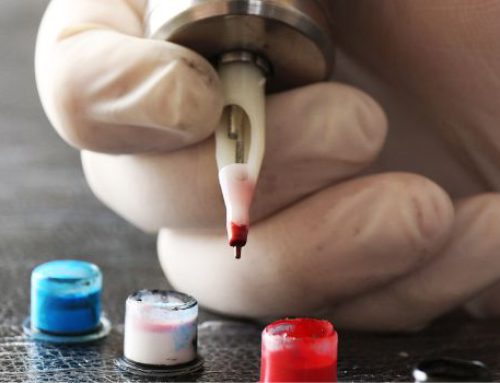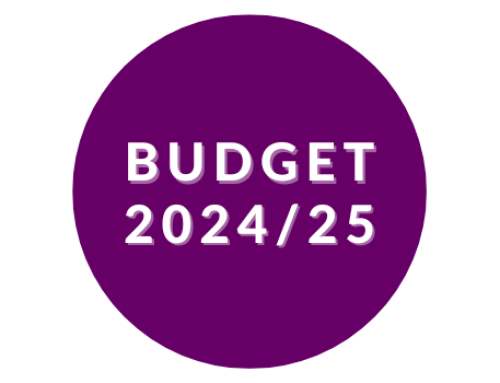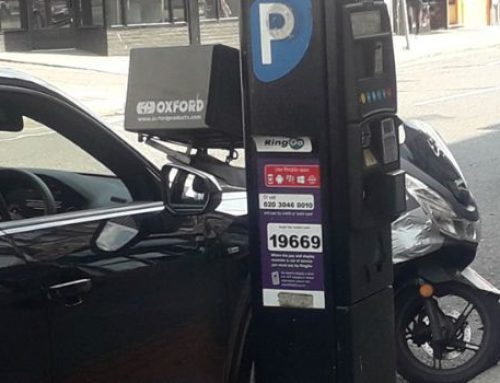Soaring temperatures, sunny skies and impending beach holidays tend to get people considering the possibility of losing a few pounds.
Unfortunately, unscrupulous rogue traders are all too keen to help out – their targets, however, are not the pounds on the waistline, but the pounds in consumers’ wallets.
Diet scams are nothing new – in fact, they’ve been around for decades – but a new breed of scammer is using social media and internet pop-up ads in a bid to convince consumers that their product is the one to use to achieve a beautiful beach body.
Croydon Council’s trading standards team has had a surge of complaints from residents who have been fleeced for hundreds of pounds buying slimming pills online, not realising that, rather than a free trial, they had actually agreed to an ongoing subscription.
Having seen an advert – on Facebook, for example, or as a pop-up on another site – for a free trial of slimming pills, the consumer clicks on the link and signs up to the free trial. The ad will state that, while the pills are free, postage and packing has to be paid. Unsuspectingly, the consumer reveals their payment card details, thinking that they are paying only the relatively small cost of delivery.
The pills are delivered and the consumer finds that larger payments are being debited from their account. When they complain, they are presented with the sale terms and conditions, which state that the consumer has agreed to a subscription. This is often the first time the consumer is aware of the T&Cs.
Cancelling the subscription is far from straightforward and, by the time the process is complete, several months’ fees have been taken from their account, often totalling £200 to £300 or more.

Councillor Mark Watson, cabinet member for communities, safety and justice
“Regulations are in place allowing online shoppers 14 days to cancel contracts, beginning the day after delivery.
“Problems arise, however, when the products are distributed through a European channel from a manufacturer in America or the Far East. This makes getting a refund more challenging.
“Consumers need to be aware that they really should not respond to pop-up ads, or ads on social media sites, with the details of their debit and credit cards.
“If they want to lose weight, they should speak to their doctor. Yes, they might need a prescription to assist, but that’ll be cheaper than the alleged ‘free trial’ offered by the scammer who’s keen to help them shed a great many more pounds, of the sterling variety.”
If you have been scammed, report it to Action Fraud at www.actionfraud.police.uk/ or by calling 0300 123 2040 to help stop it happening to others.
If the price of the goods is over £100 and the consumer uses a UK credit card for payment, the Consumer Credit Act 1974 may place equal liability with the seller on the credit card company for any breaches of contract (eg, faulty goods, non-delivery of items, poor services or misrepresentation).
UK consumers can use the advice and support of the UK European Consumer Centre if they have a dispute with a trader based in an EU country outside the UK. Call 0845 604 0503 between 10am and 3pm or visit www.ukecc.net
For pre-purchasing advice, visit the UK European Consumer Centre for Services’ website at www.ukecc-services.net






























